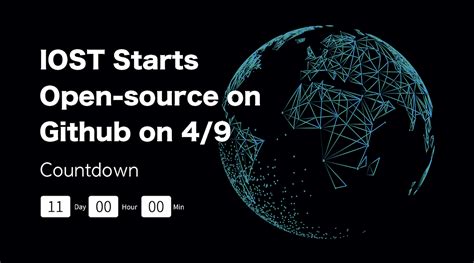3 min de lectura
Bitcoin: Can I setup a private testnet full node to reduce the testnet gas?
CRYPTOCURRENCY
Setting Up a Private Testnet Full Node for Reduced Transaction Fees
As a Bitcoin enthusiast, you’re likely aware of the benefits of testnets and private networks for testing new features, experimenting with different consensus algorithms, and reducing transaction fees. In this article, we’ll guide you through setting up a private testnet full node to minimize gas costs on your local machine.
Why Private Testnets?
Private testnets provide an isolated environment where you can deploy Bitcoin nodes without impacting the main network. This allows for more precise testing of new features and protocols, which can help identify issues before they’re incorporated into the main codebase. Additionally, private testnets reduce the likelihood of node instability or forkage, making it a safer choice for experimentation.
Setting Up a Private Testnet Full Node
To set up a private testnet full node on your local machine, you’ll need:
- Bitcoin Software: Download and install the Bitcoin software from [bitcoin.org](
- Private Key Generation: Create a new private key using your operating system’s built-in wallet or use an external tool like Electrum to generate multiple wallets with different public keys.
- Node Configuration:
*
Node Name: Choose a unique name for your node (e.g., «mybitcoin-node»).
*
Network ID: Set the network ID to 4 (private testnet) or 6 (public testnet).
*
Private Key File: Create a file with your private key and use it to configure your node.
- Full Node Software

: Download and install the full node software for your operating system from [bitcoin.org](
Configuring Your Private Testnet Full Node
Once you’ve installed the full node software, follow these steps:
- Start your node by running the
bitcoin.conffile (usually located at/etc/bitcoin/Bitcoin.conf) with the following options:
* nodeid=4: Set the network ID to 4 for private testnet.
* listenaddress=127.0.0.1:8332: Set the listen address and port to 8332, which is used by default on Linux systems.
* regeninterval=10m: Regenerate the block database every minute (adjust the interval according to your needs).
* rpcuser=yourprivatekey: Use your private key to connect to the RPC server.
- Start your node manually with the following command:
./fullnode --rpcuser yourprivatekey --listenaddress 127.0.0.1:8332
Replace yourprivatekey with your actual private key file.
Reducing Transaction Fees
To further reduce transaction fees, consider the following:
- Use a dedicated server: Set up a separate server for your node to improve network stability and reduce congestion.
- Increase network capacity
: Consider increasing the number of available slots on your testnet node or using multiple nodes with different public keys.
- Optimize your configuration: Review your node’s configuration files (e.g.,
bitcoin.conf) to identify potential bottlenecks that can be improved.
By following these steps, you’ll be able to set up a private testnet full node and enjoy reduced transaction fees on your local machine. Remember to keep your key management secure and use a reputable wallet or external tool for generating new keys whenever needed. Happy testing!